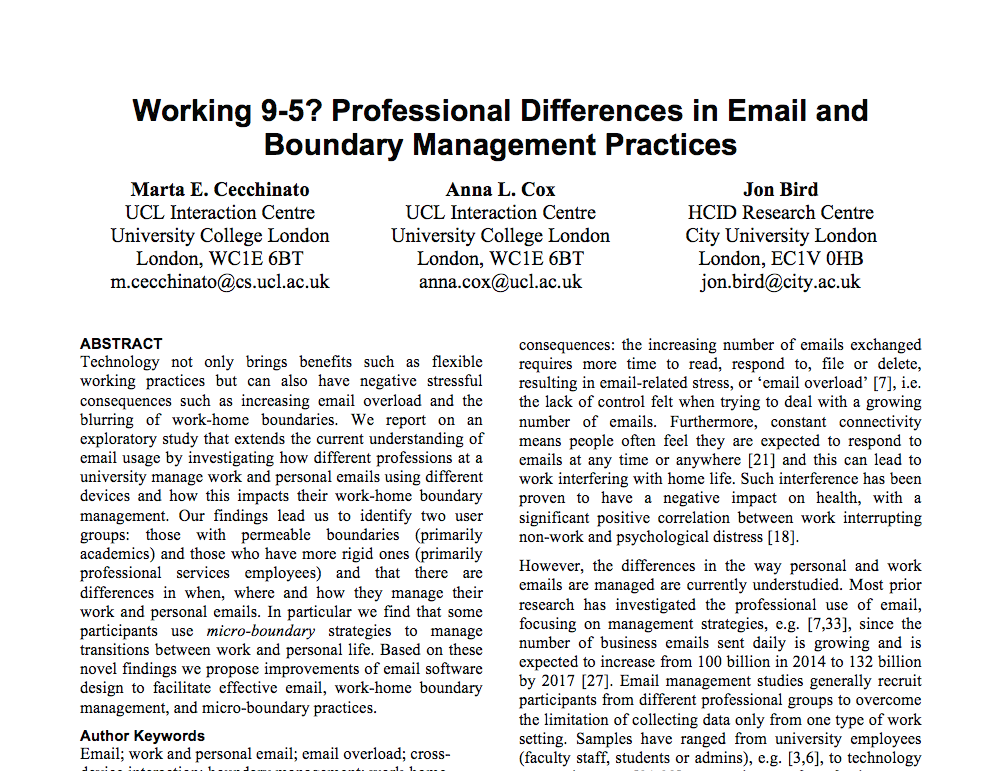PhD insight
PhD life 101
I was recently asked to think about what I wish I had known on day 1 of my PhD. As a few friends, a flatmate, team members are about to embark on a PhD, I thought of sharing my thoughts and lessons learnt so far. Overall, I think the one thing I’d go back and tell myself is: make mistakes, make them early, learn from them and move on because a PhD is about choices, changes, and challenges.
On a more practical level… When I first started my PhD I did a lot ‘training’ and one thing that stuck with me was that doing a PhD is becoming a project manager: so learning how to mange resources, time, and people.
DISCLAIMER:
I’m at the end of my 3rd year so I’m sure I’ll learn a lot more between now and submission, What I’ve included here is stuff I’ve learnt from my own experience, from talking to other PhD students and by listening to my supervisor. Not everything came easy, some things I had to learn the hard way and others I’m still trying to master.
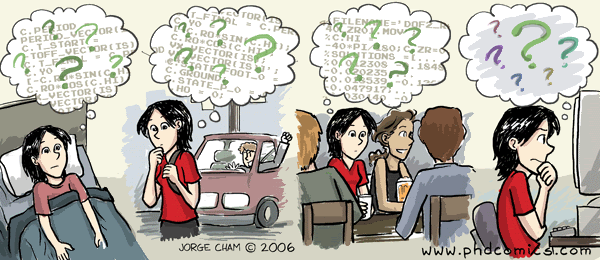
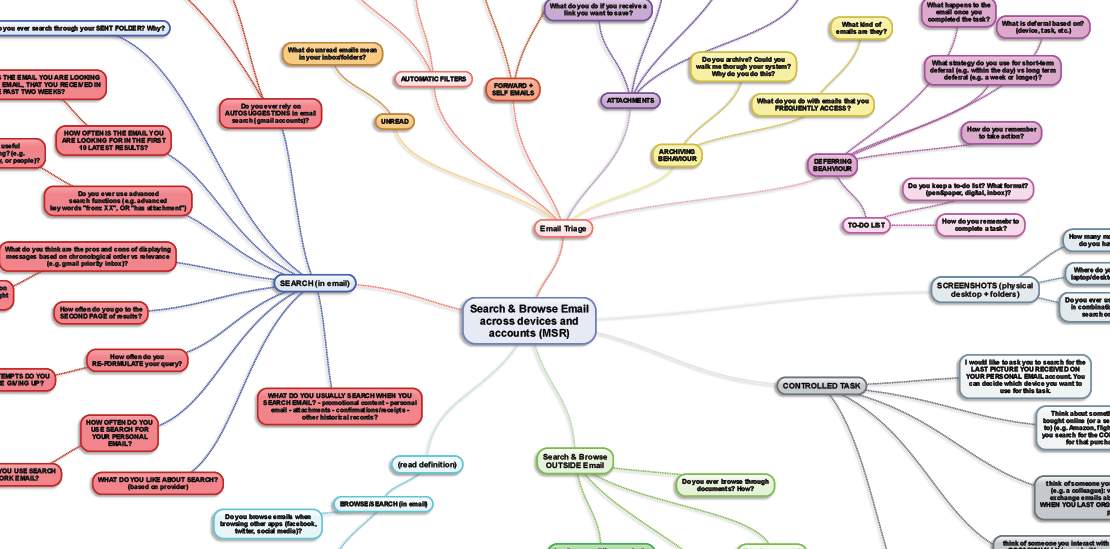
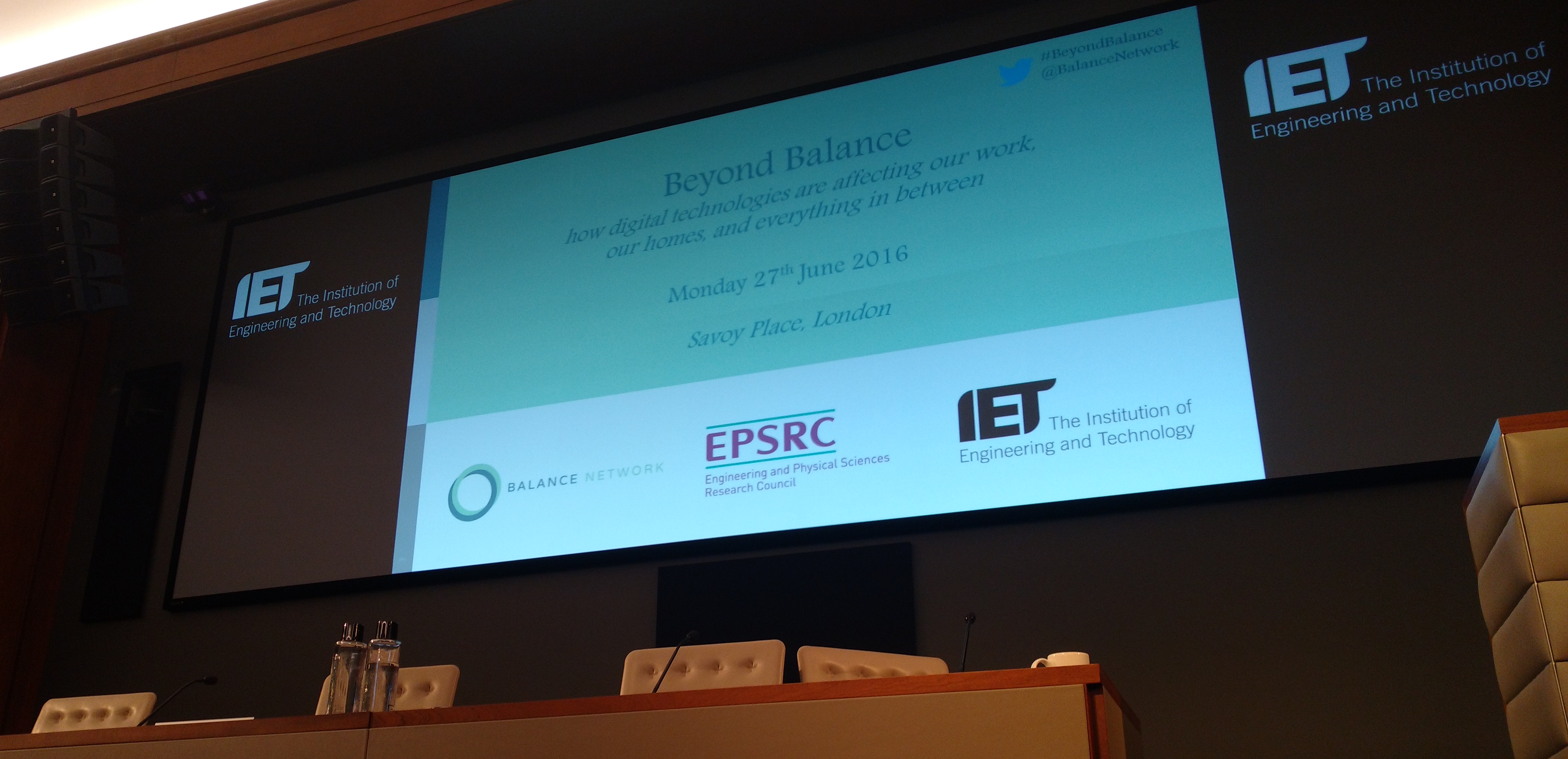
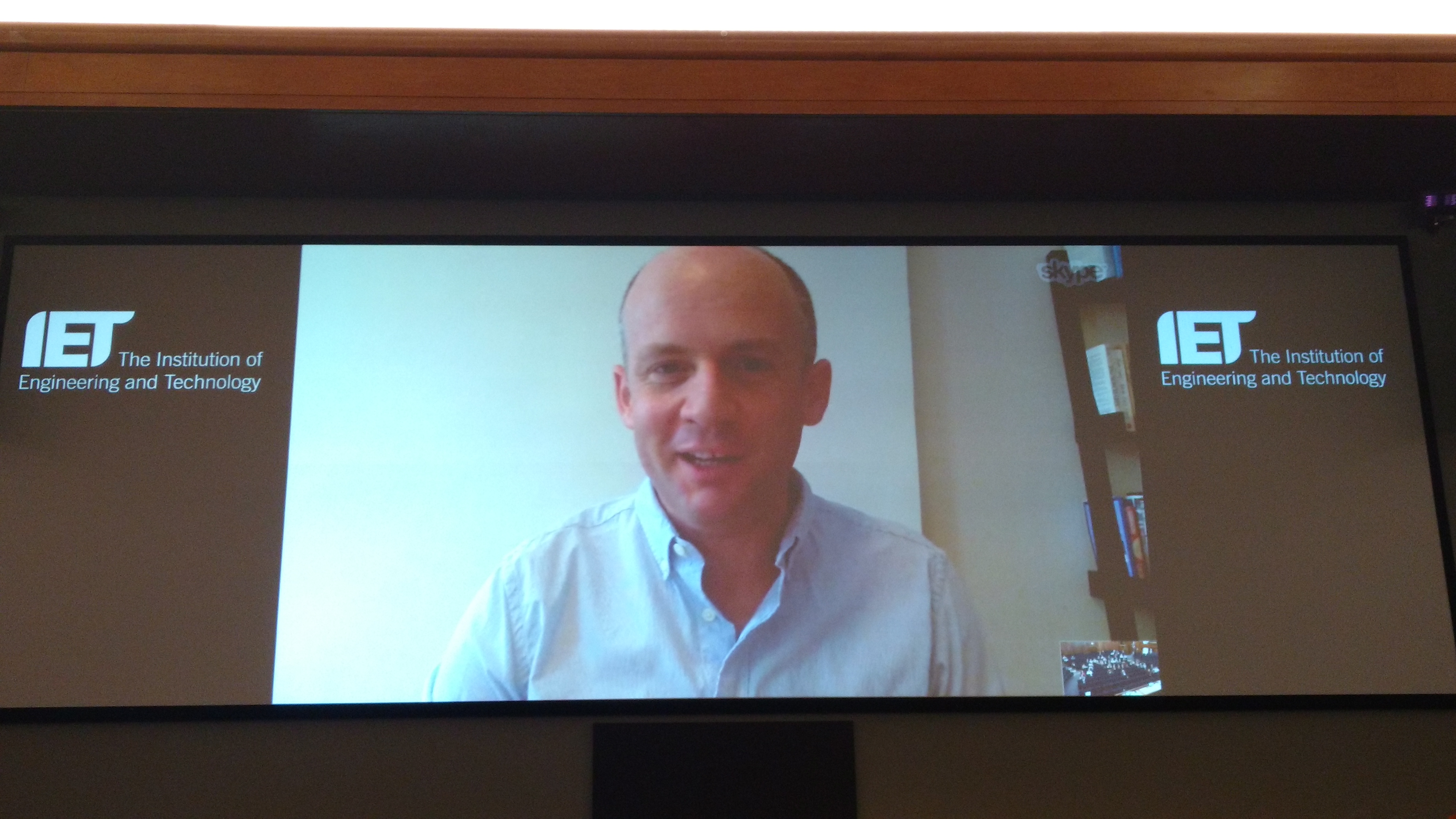
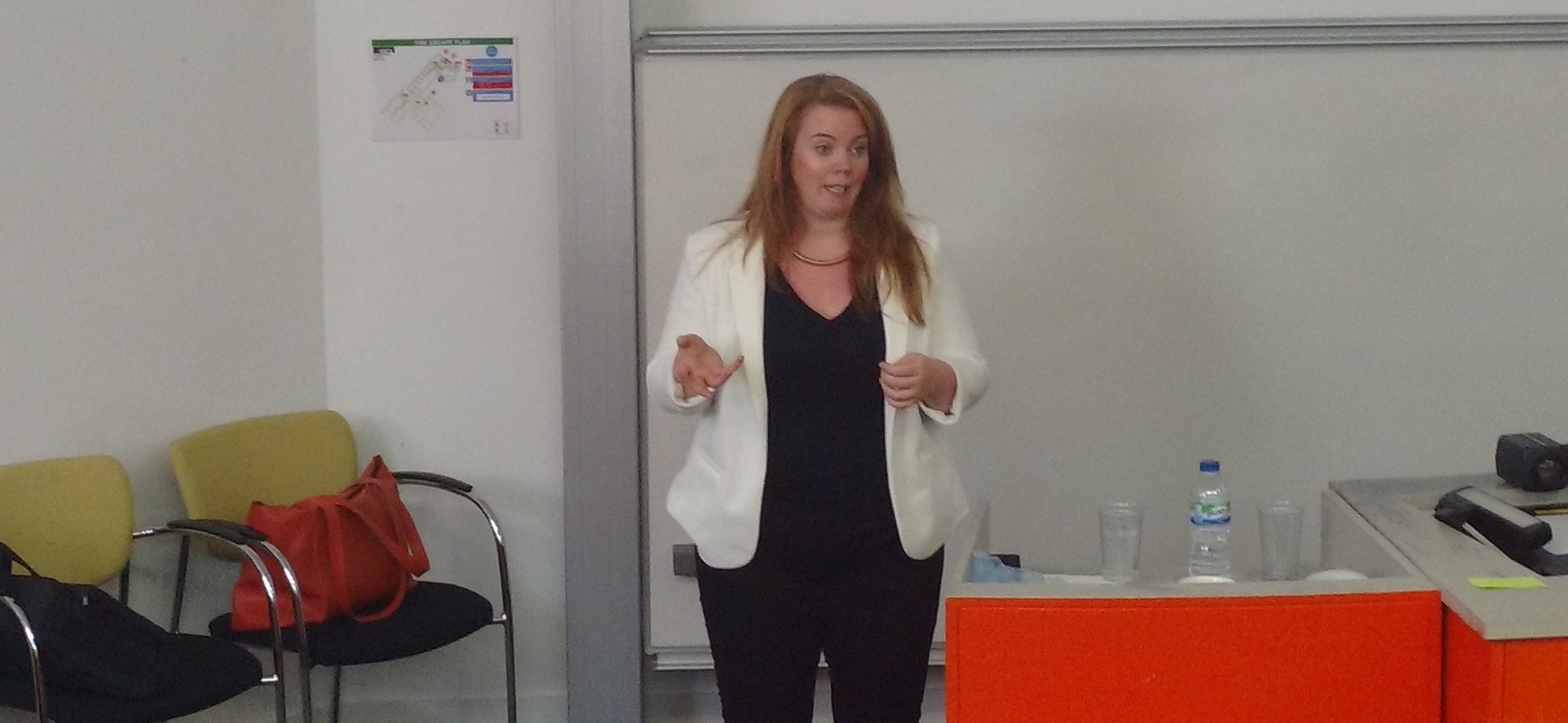

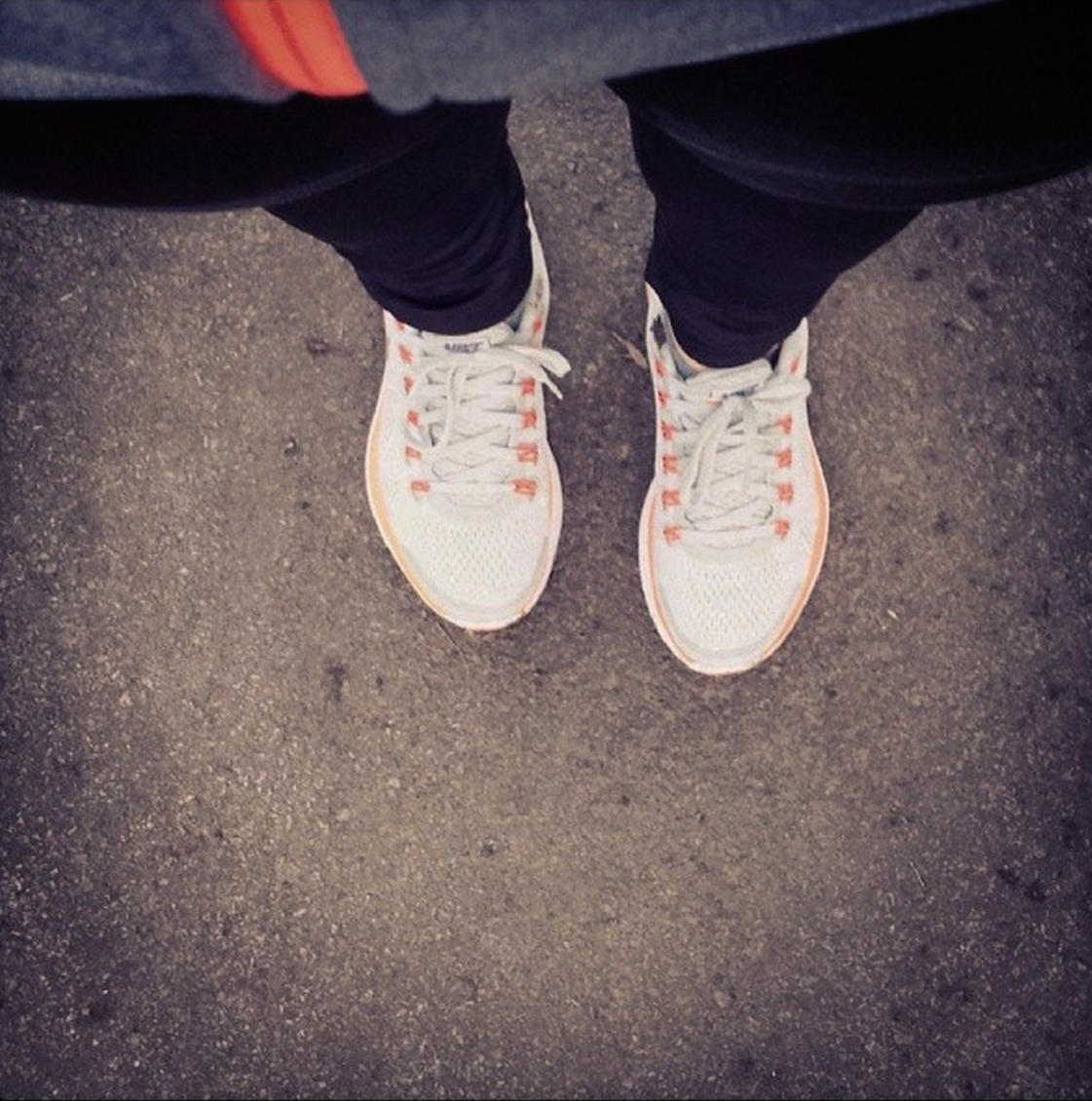
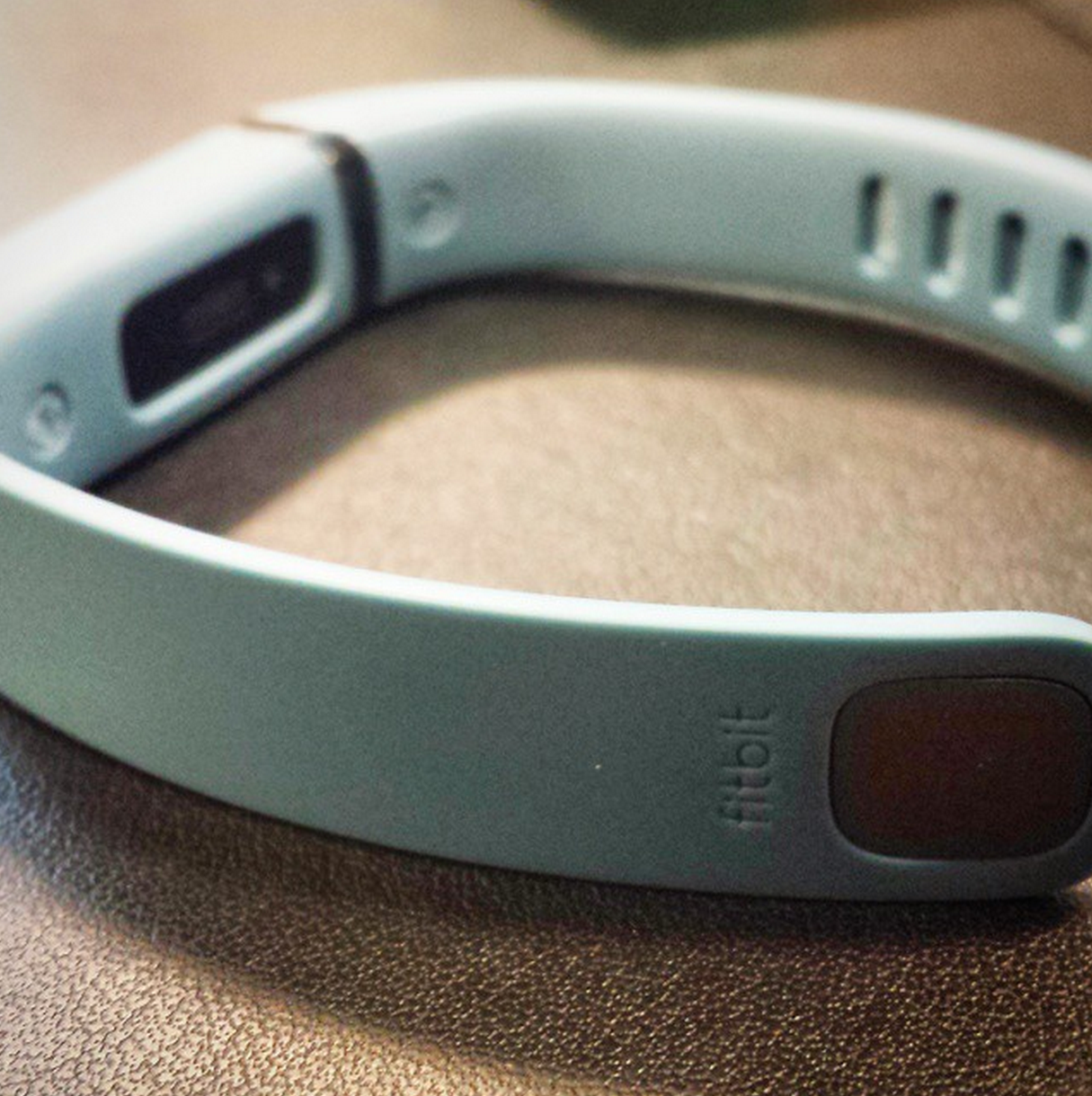 Most of these things I’ve tracked only for a short while (from a few weeks to a few months), enough to gain some sort of epiphany, or ‘digital epiphany’, which usually was something like “right, now I know more about how I behave, and this is no longer so interesting”. While I might start tracking my emails or productivity again in the future, just to touch base again on my way of working, I have been sort of consistent in tracking my physical activity so I thought it would be interesting to think about it a bit more in depth.
Most of these things I’ve tracked only for a short while (from a few weeks to a few months), enough to gain some sort of epiphany, or ‘digital epiphany’, which usually was something like “right, now I know more about how I behave, and this is no longer so interesting”. While I might start tracking my emails or productivity again in the future, just to touch base again on my way of working, I have been sort of consistent in tracking my physical activity so I thought it would be interesting to think about it a bit more in depth.